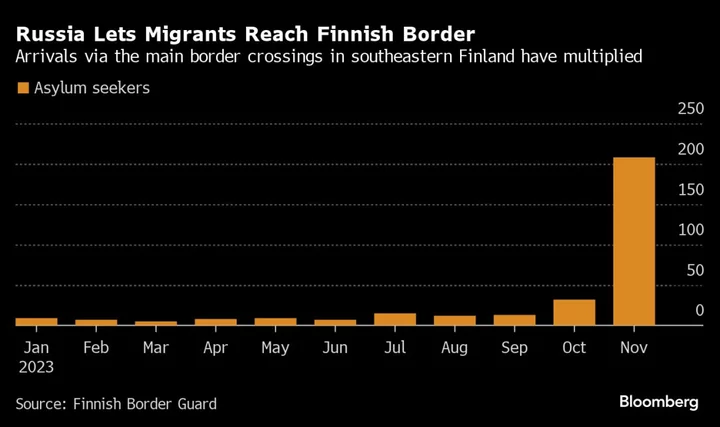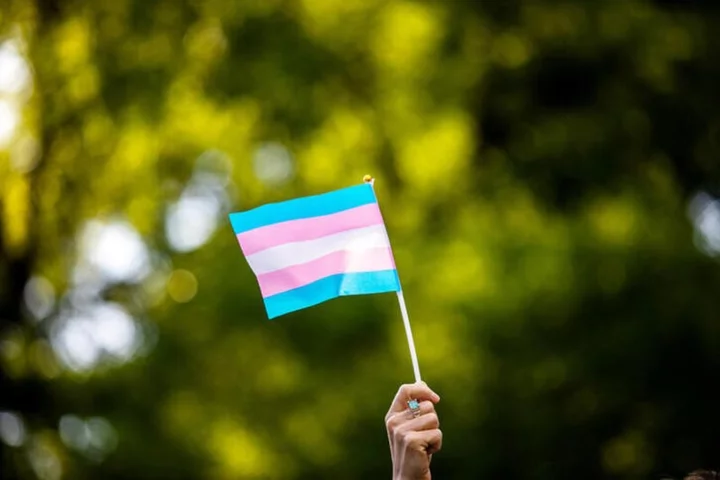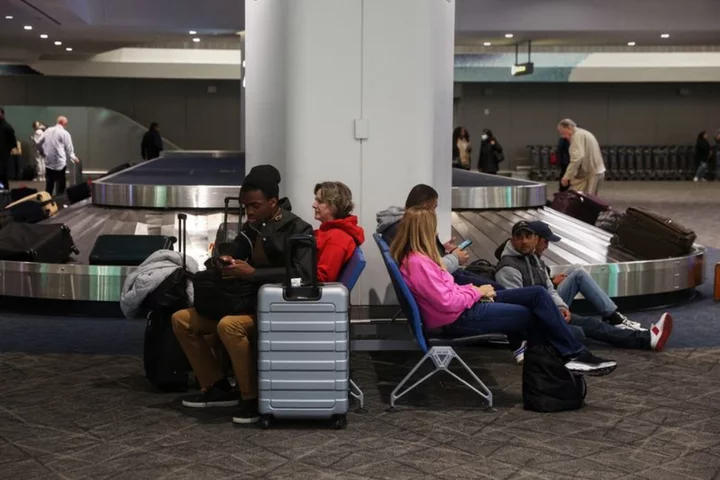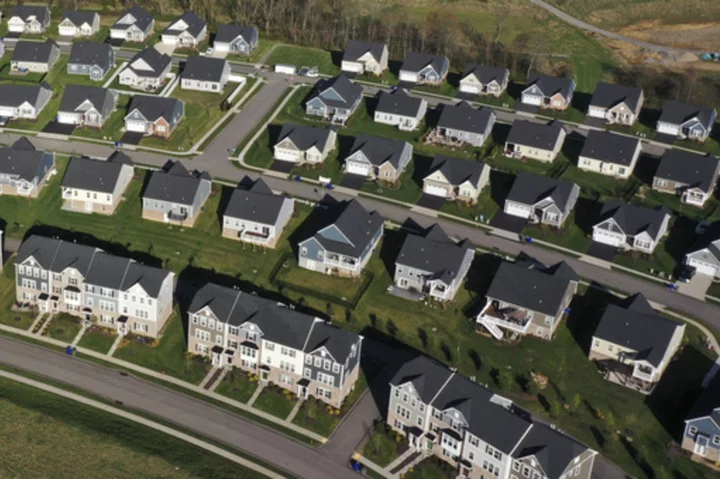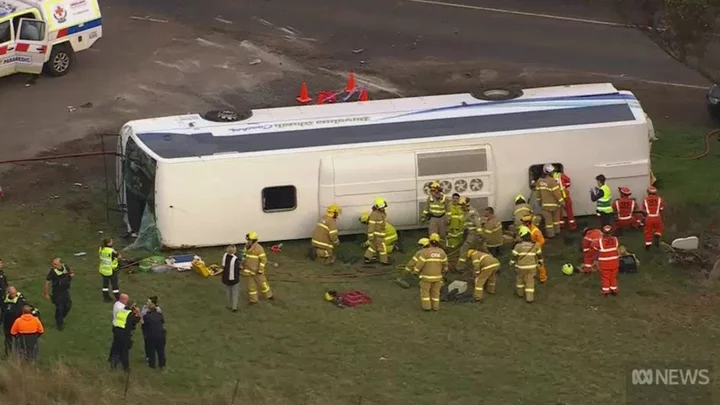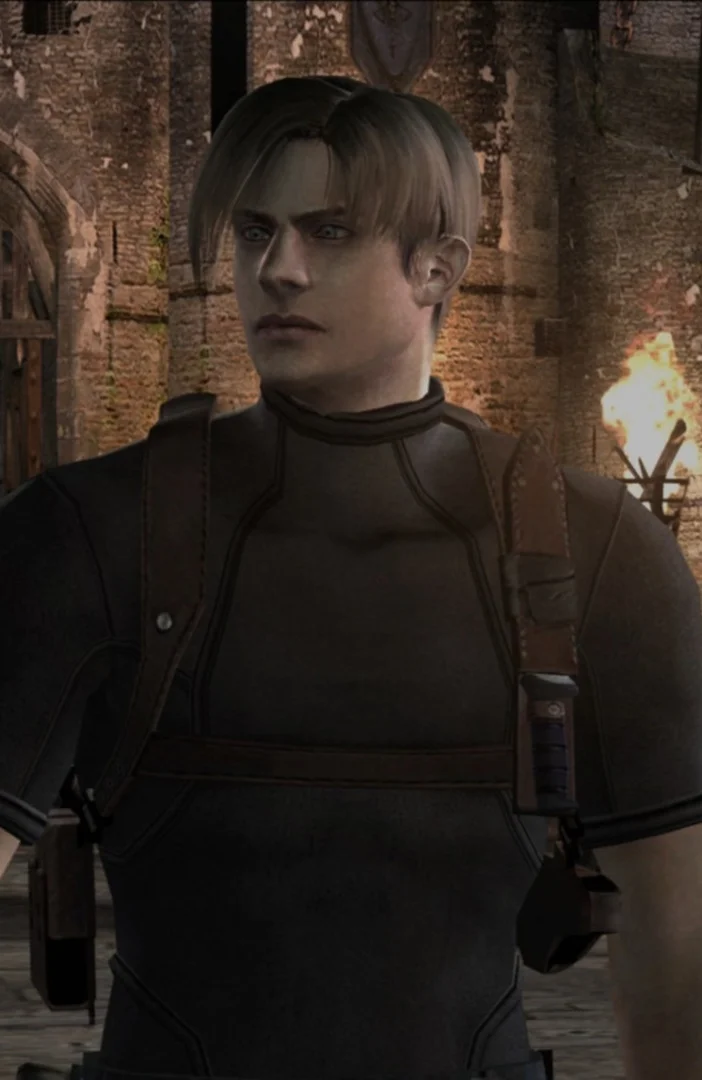Finland will close four of its busiest border crossings with Russia after concluding that an influx of migrants from third countries was an organized operation threatening its national security.
The government is acting “decisively and quickly” to “stop this phenomenon,” Prime Minister Petteri Orpo told reporters in Helsinki on Thursday. It will close the Vaalimaa, Nuijamaa, Imatra and Niirala crossing points from midnight on Saturday for all traffic and concentrate all asylum applications at two northerly border points, with the measures in force until Feb. 18.
“This is an exceptional and hefty move,” Orpo said. “We want to send a strong message to stem this development.”
The decision follows an intensifying inflow of asylum seekers arriving at border crossings in the southeast of the country, with Orpo saying earlier in the week that Russia appeared to be helping or transporting immigrants to the check points along the demarcation.
While the absolute number of arrivals is low, “we have information and indications that people’s arrival into Finland is being machinated, and therefore the absolute numbers do not matter,” Interior Minister Mari Rantanen said.
On Wednesday, Finland’s President Sauli Niinisto linked the developments to recently concluded negotiations over a defense cooperation agreement with the US that would ease the transport of soldiers and military equipment into the Nordic country. That deal still requires political sign off.
Finland also joined the North Atlantic Treaty Organization seven months ago, and now guards 1,300 kilometers (800 miles) of border with Russia, the alliance’s longest stretch facing its main adversary. Niinisto has repeatedly warned his country to expect malicious activity from the Kremlin in retaliation.
This week, 174 asylum seekers have arrived via southeastern crossings, according to the Border Guard’s posts on X, the platform formerly known as Twitter. That compares with 117 this year through October.
“This is something we monitor very closely. The alliance is vigilant,” NATO Secretary General Jens Stoltenberg told reporters on Thursday. “Of course the Finnish authorities are responsible for managing the situation on the border but we need to exchange information, to have a best possible common situational awareness and then take necessary actions if needed — whether that be as NATO, as NATO allies or in other formats, that’s a bit too early to say.”
The recent arrival of immigrants echoes the events of the winter of 2015-2016 when scores of Asian and Middle Eastern asylum seekers arrived in droves across the border in remote Arctic areas from Russia, which Finnish officials later concluded was probably part of a hybrid attack masterminded by Moscow.
Finland updated its border guard laws last year to give authorities a toolkit to counter hybrid influence activities, including an arrival of exceptionally high number of immigrants in a short period of time or what they termed the “instrumentalization of migration” by a state.
The Nordic country is also building a barrier to seal parts of the border, seeking to prevent mass influx of migrants. A pilot fence was completed this year and the main construction work is set to take three to four years.
Read More: Finland Starts Building Fence on Parts of NATO’s Eastern Flank
Normally, asylum seekers would not reach the border without proper paperwork. That’s now changed, as Russian authorities are allowing travelers past their check points, Orpo said on Tuesday.
From Saturday, the Russian border can still be crossed at more northerly stations Raja-Jooseppi, Salla, Kuusamo and Vartius, as well as by trains at Vainikkala. Applications for international protection can be submitted at Vartius and Salla.
--With assistance from Jeremy Diamond and Natalia Drozdiak.
(Updates with NATO comment, further details on border crossings from ninth paragraph)

